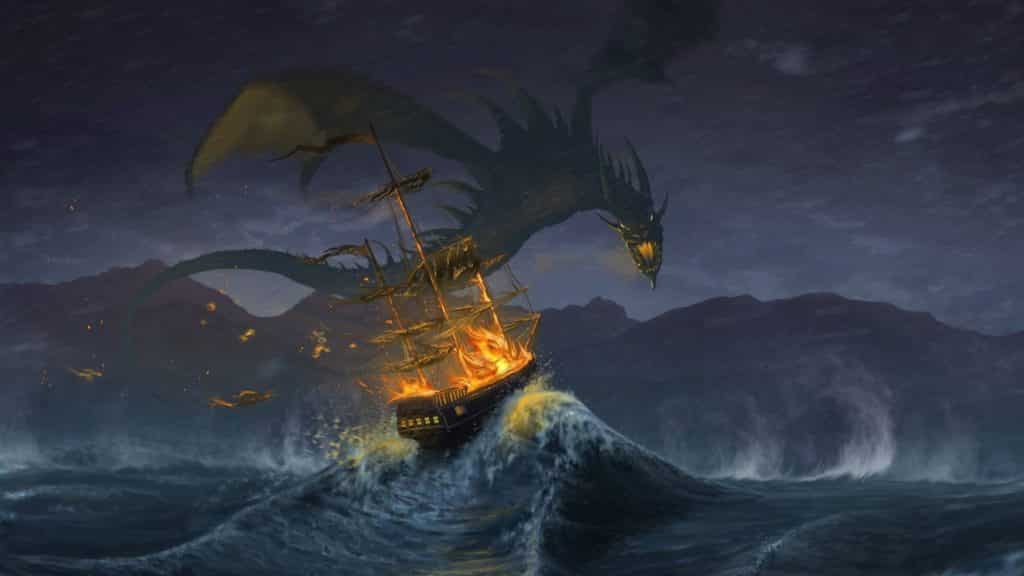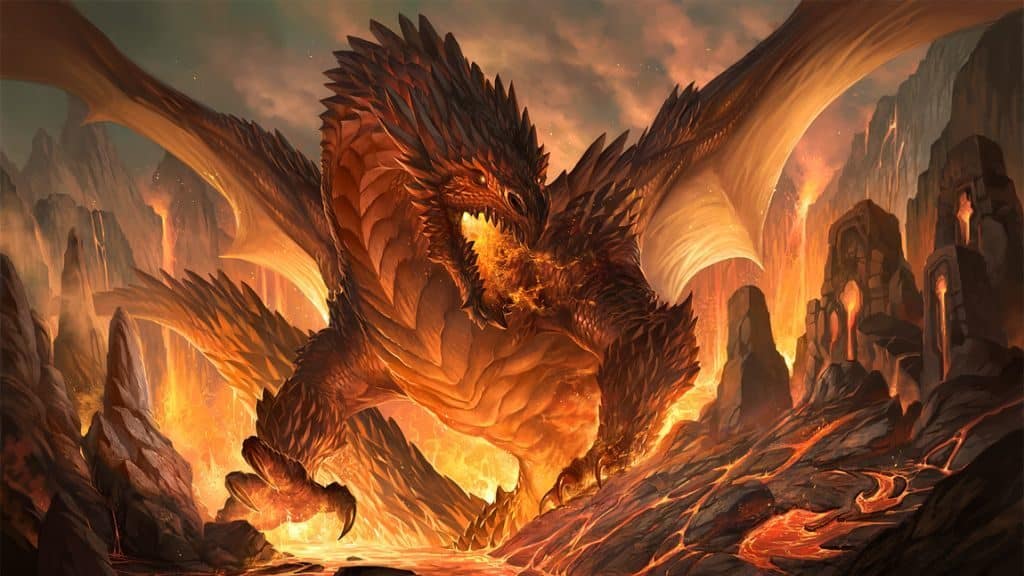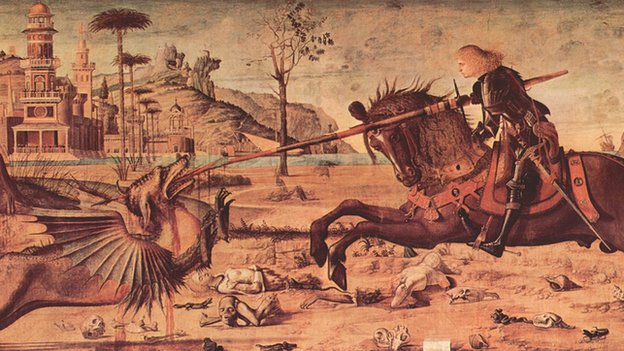The dragon has been a symbol of immense power and fear throughout history. Its majestic presence, fiery breath, and soaring wings have captivated the human imagination for centuries. In this article, we delve into the various interpretations of dragons and their significance in different cultures.
The Mythical Creatures
Dragons are mythical creatures with roots in various cultures worldwide. They are often depicted as large, reptilian creatures with the ability to fly and breathe fire. The dragon’s iconic characteristics symbolize immense power, intellect, and at times, menace.
Dragons in Chinese Culture
In Chinese culture, the dragon holds a significant place. Considered a symbol of good fortune, they are believed to bring luck, prosperity, and abundance. Chinese dragons are benevolent creatures, often depicted with a serpentine body, sharp claws, and a majestic, horned head.
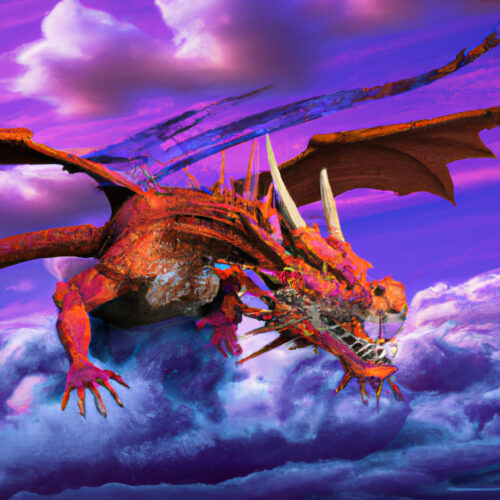
The Chinese dragon is associated with the elements of water and is believed to have control over rainfall, rivers, and oceans. Emperors in ancient China considered themselves to be descendants of dragons, emphasizing their connection to power and authority.
To further explore the Chinese dragon’s symbolism, you can visit China Highlights.
Dragons in European Folklore
In European folklore, dragons have a darker and more fearsome reputation. They are often portrayed as malevolent creatures, devouring livestock and terrorizing villages. These dragons symbolize fear, chaos, and the untamed forces of nature.
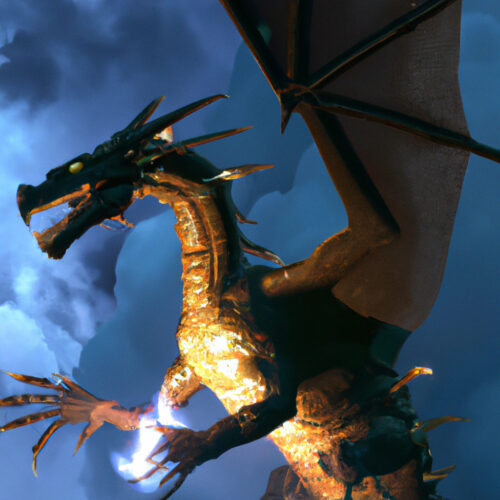
One prominent example of dragons in European mythology is the slaying of the dragon by St. George, symbolizing the triumph of good over evil. These tales highlight the bravery and courage required to confront and overcome one’s fears.
For a deeper understanding of dragons in European folklore, visit Realm of History.
The Symbolic Meanings
The symbolism associated with dragons transcends cultural boundaries. Throughout history, dragons have been linked to several concepts:
- Power: Dragons are often perceived as embodiments of power and strength. Their majestic presence and ability to control natural elements emphasize their dominance.
- Wisdom: Dragons are often depicted as wise creatures, symbolizing deep knowledge and intellect. In many stories, they offer guidance and possess ancient wisdom.
- Protection: Some cultures believe dragons guard treasures and provide protection against evil forces. They are seen as guardians and defenders.
- Danger: Due to their fiery breath and destructive force, dragons also represent danger and chaos. They embody the untamed aspects of the world.
The Influence in Modern Pop Culture
The allure of dragons continues to thrive in modern pop culture. From books to movies and video games, dragons are often portrayed as formidable adversaries or powerful allies.
Popular series like Game of Thrones and How to Train Your Dragon have brought dragons back into the limelight, captivating audiences worldwide with their awe-inspiring visuals and intricate storylines.
To explore more dragon-themed media, you can visit Learn Religions.
The dragon continues to be an enduring symbol of power and fear. Its representation varies across different cultures, with interpretations ranging from benevolent and noble creatures to menacing beasts. Through their symbolism, dragons evoke a range of emotions, cultural significance, and mythical narratives.
Whether inspiring awe or evoking trepidation, dragons have firmly entrenched themselves as timeless icons that will continue to fascinate and captivate generations to come.

